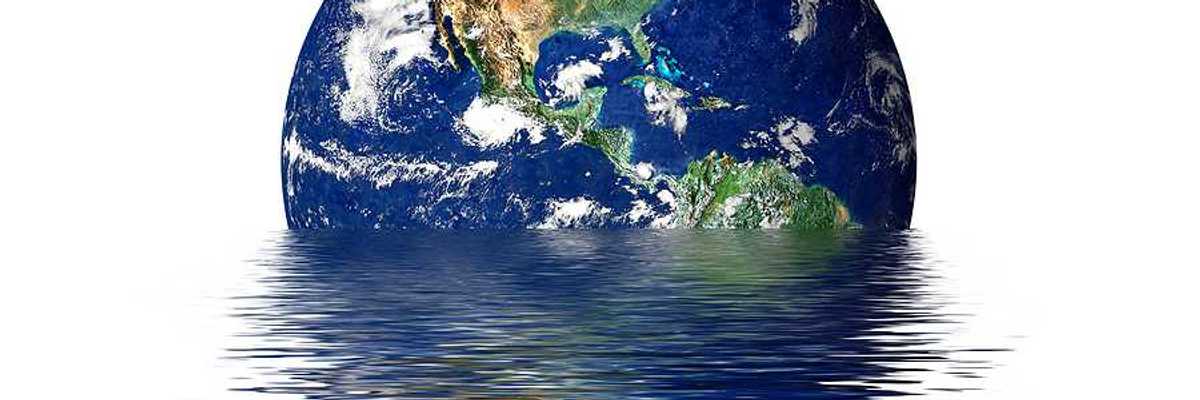phoenix heat
Phoenix endures unprecedented 100 consecutive days of 100-degree heat
Phoenix hit 100 degrees for the 100th straight day, shattering the previous record of 76 days in 1993 and highlighting the intensifying heat in the Southwest.
Ian Livingston, Erin Patrick O'Connor, and Naema Ahmed report for The Washington Post.
In short:
- Phoenix set a new record of 100 consecutive days over 100 degrees, surpassing the previous streak by over three weeks.
- Vulnerable groups, including outdoor workers and the unhoused, are at greater risk, with heat-related deaths on the rise.
- The city's average summer temperature has risen 8-9 degrees since the late 1800s, driven by greenhouse gas emissions and urbanization.
Key quote:
“I’ve been homeless for 10 years. I can’t do another summer out here. No way.”
— Ron Wishon, Phoenix homeless resident
Why this matters:
This extreme heat threatens public health, especially for those without adequate shelter. As urbanization and climate change intensify, cities like Phoenix could face even hotter, more dangerous summers.
Related EHN coverage:
Phoenix uses ice immersion to combat heatstroke as temperatures soar
Phoenix firefighters are employing ice immersion techniques to treat heatstroke victims amid the season's first heat wave in the Southwest.
In short:
- The Phoenix Fire Department is using cold water immersion to treat heatstroke victims during transport to hospitals.
- This method, familiar to marathon runners and military personnel, can lower body temperatures rapidly and improve survival rates.
- Phoenix has also introduced overnight cooling stations as part of new measures to combat rising temperatures and heat-related deaths.
Key quote:
“We’ve been seeing a severe uptick in the past three years in cases of severe heat illness.”
— Dr. Paul Pugsley, medical director of emergency medicine with Valleywise Health
Why this matters:
As temperatures in Phoenix reach extreme highs, innovative treatments like ice immersion are crucial for preventing heat-related deaths. Heatstroke, a severe form of heat illness, occurs when the body's temperature regulation fails and internal temperatures rise dangerously high. The condition can lead to organ damage or even death if not treated swiftly. Traditional cooling methods, such as fans and misting, often fall short when faced with the rapid onset of heatstroke symptoms.
Simple solutions could reduce heat inequities in Phoenix
For folks who walk to work or wait for the bus, the heat is unavoidable — especially in historically underserved neighborhoods, which are often the hottest.









